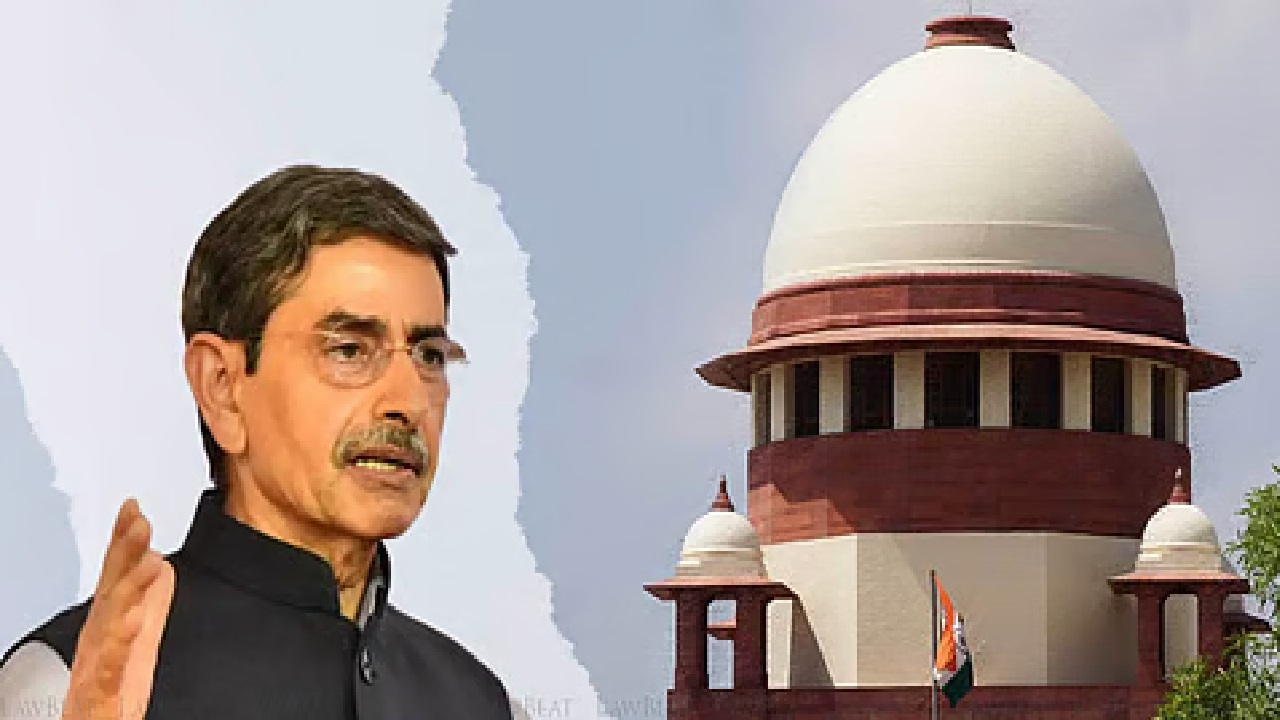The Background of the Controversy
The University of Houston’s course, Lived Hindu Religion, has sparked intense debate following allegations that it portrays Hinduism in a negative light and distorts India’s political landscape. Vasant Bhatt, a political science student and Hindu-American activist, raised concerns that the course is “Hinduphobic” and misrepresents Hindu traditions. His complaint led to media coverage and a formal response from the university, defending the course and its academic approach. This incident has reignited discussions about the representation of Hinduism in Western academia and the role of academic freedom in shaping religious discourse.
University’s Response: Defending Academic Freedom
Following Bhatt’s complaint, the University of Houston provided a detailed response emphasizing its commitment to academic freedom. The university clarified that faculty members are encouraged to explore complex and sometimes controversial topics in their teachings, as long as they adhere to academic and pedagogical standards.
In a statement, the university explained, “The University of Houston values academic freedom, which includes allowing faculty to explore complex and sometimes challenging topics in their teaching. While UH does not typically review individual lectures, the university maintains oversight of curriculum to ensure it meets established academic and pedagogical standards.”
The course, which is taught online by Professor Aaron Michael Ullrey, reportedly analyses Hinduism in historical, social, and political contexts. Bhatt contends that Ullrey’s lectures suggest Hinduism is not an ancient tradition but rather a colonial construct used as a political tool by Hindu nationalists. Bhatt filed a formal complaint with the dean of the College of Liberal Arts and Social Sciences, prompting a review of the course material by the university’s administration.
Understanding the Course Content: University’s Clarifications
The University of Houston provided additional details regarding the course content and methodology. It stated that the course employs academic frameworks to analyze the development of Hinduism in various contexts. One of the most contentious aspects of the course is its discussion of “political Hinduism,” where Prime Minister Narendra Modi is reportedly referred to as a “Hindu fundamentalist.”
The university defended this terminology, stating that in religious studies, “fundamentalism” is an analytical tool used to examine religious movements across different traditions, including Christianity, Islam, Buddhism, and Hinduism. The university explained that the term is not used in a pejorative sense but rather to describe movements that seek to preserve a perceived “true” version of a religion, often as a reaction to modernization.
“Studying fundamentalism is not an act of judgment or bias, but a way to understand how religions evolve and identify through discourse analysis,” the university’s response read. It emphasized that academic discourse often uses terms differently from how they are understood in political or public discussions.
Professor Ullrey’s Perspective: Many Forms of Hinduism
Professor Ullrey’s syllabus also contains statements that have been criticized by Bhatt and others. One such statement from the course reads: “Hindutva, or ‘Hindu-ness,’ is a term that Hindu nationalists, those who believe Hinduism should be the official religion of India, use to designate their religion and denigrate others, namely Islam.”
Bhatt argues that this definition distorts the meaning of Hindutva and aligns with a politically biased narrative. In contrast, Professor Ullrey maintains that his teachings align with the discipline of religious studies, which recognizes the existence of multiple interpretations of Hinduism. “There are many Hinduisms,” he claims, suggesting that Hinduism is not a monolithic tradition but one that has evolved differently across regions and historical periods.
Impact and Reactions: A Larger Debate on Academic Bias
The controversy has sparked broader discussions about how Hinduism is represented in Western academia. Many Hindu organizations and activists argue that Hinduism is often misrepresented or reduced to a colonial construct, ignoring its rich and diverse history. This incident is not the first of its kind; similar debates have occurred at other universities where courses on Hinduism have been criticized for alleged bias.
On the other hand, academic institutions defend their right to explore religion through critical analysis, arguing that challenging perspectives are essential for academic discourse. Supporters of the course argue that critical engagement with religious traditions is a necessary part of studying religion in an academic setting.
The Future of the Debate
As the University of Houston stands by its course and methodology, the debate over Lived Hindu Religion continues to highlight the complexities of religious studies in academia. While the university asserts that the course adheres to academic standards, concerns over bias and misrepresentation remain a contentious issue among Hindu organizations and students.
This incident underscores the broader challenge of balancing academic freedom with cultural sensitivity. As discussions on Hinduism’s representation in Western academia persist, universities may need to engage in more inclusive dialogues with Hindu communities to ensure that courses accurately reflect the faith’s depth and diversity. Moving forward, this controversy may influence how religious studies programs across the U.S. approach the study of Hinduism and other faith traditions.
(With inputs from agencies)








